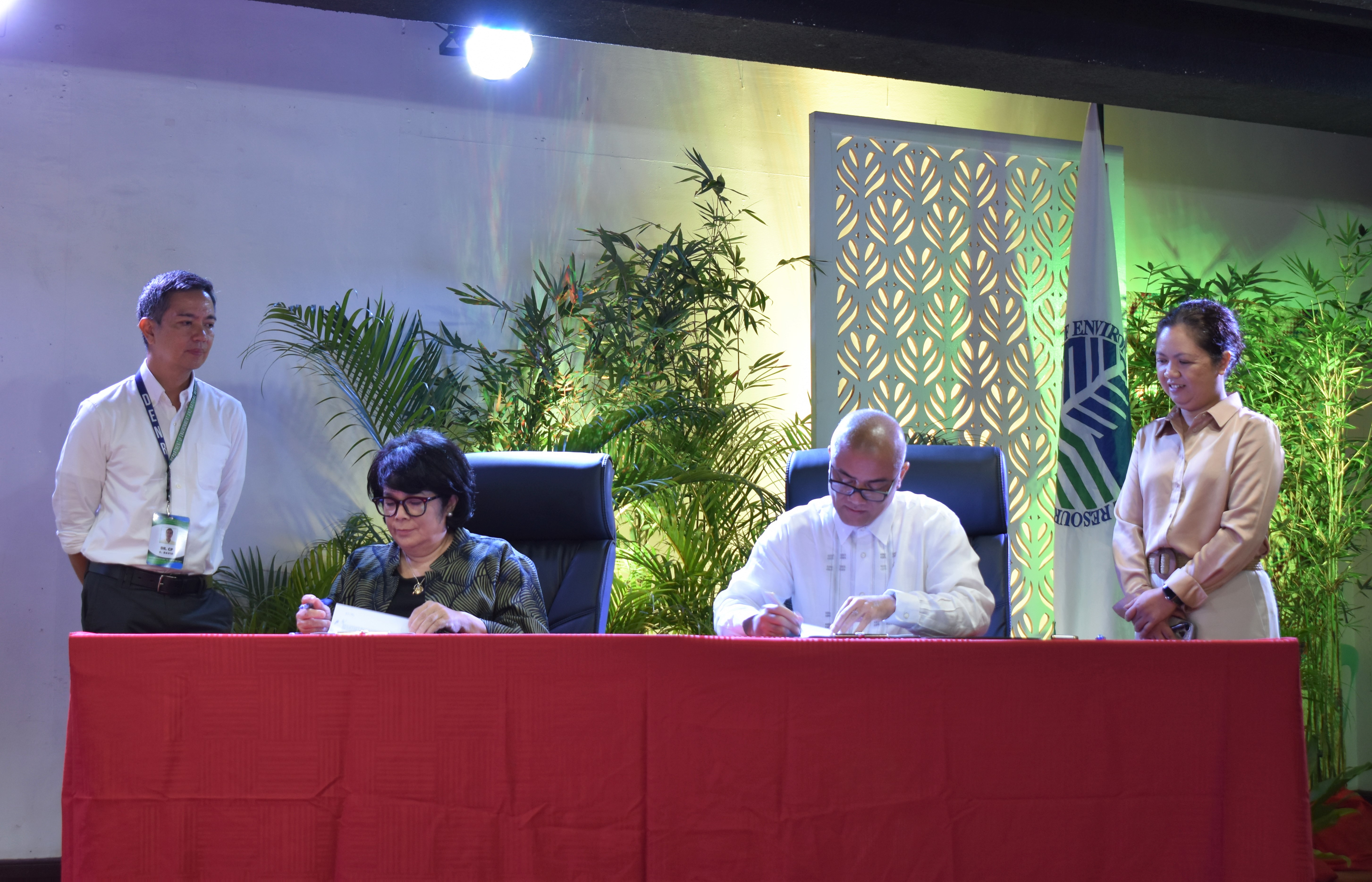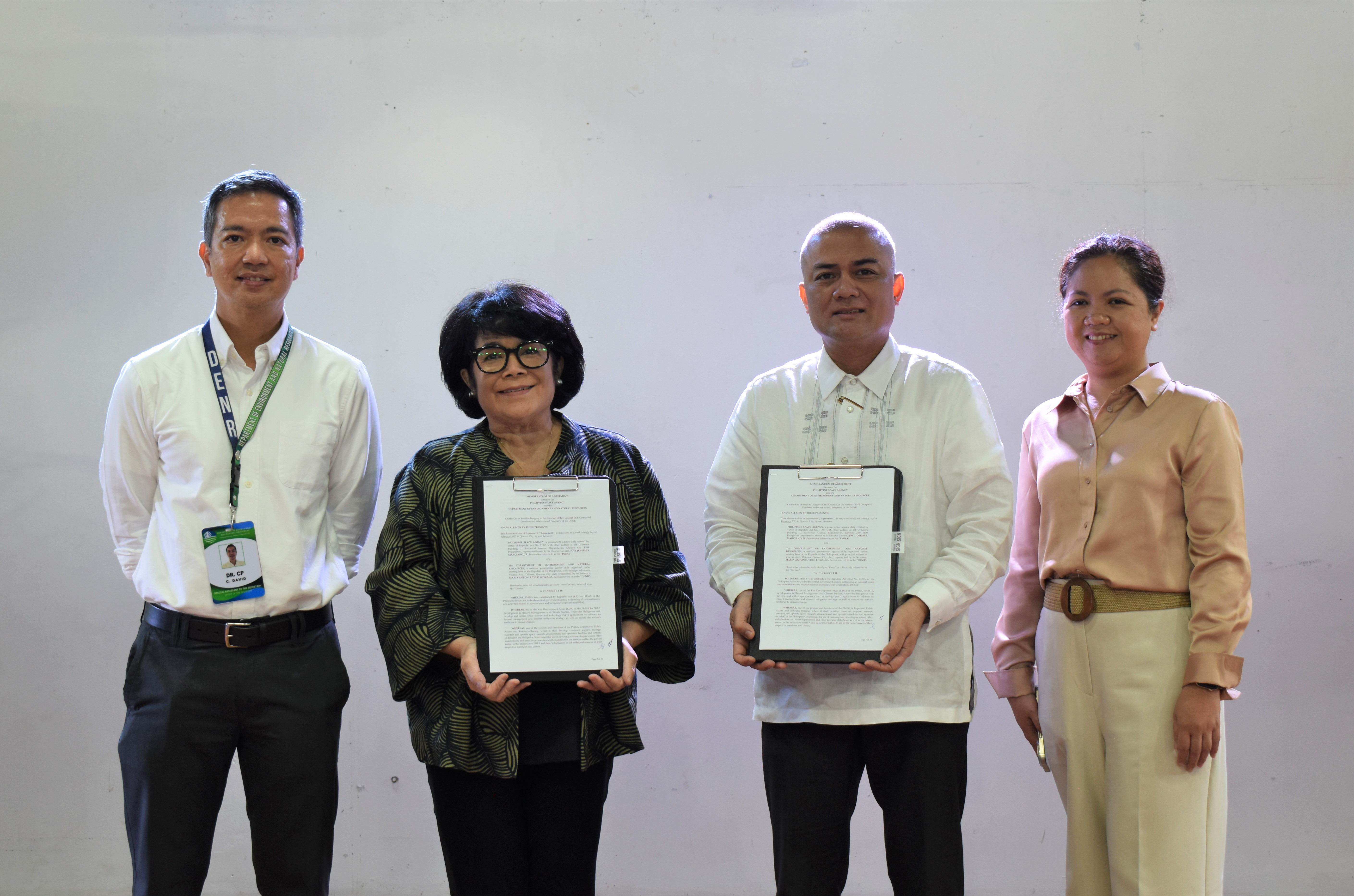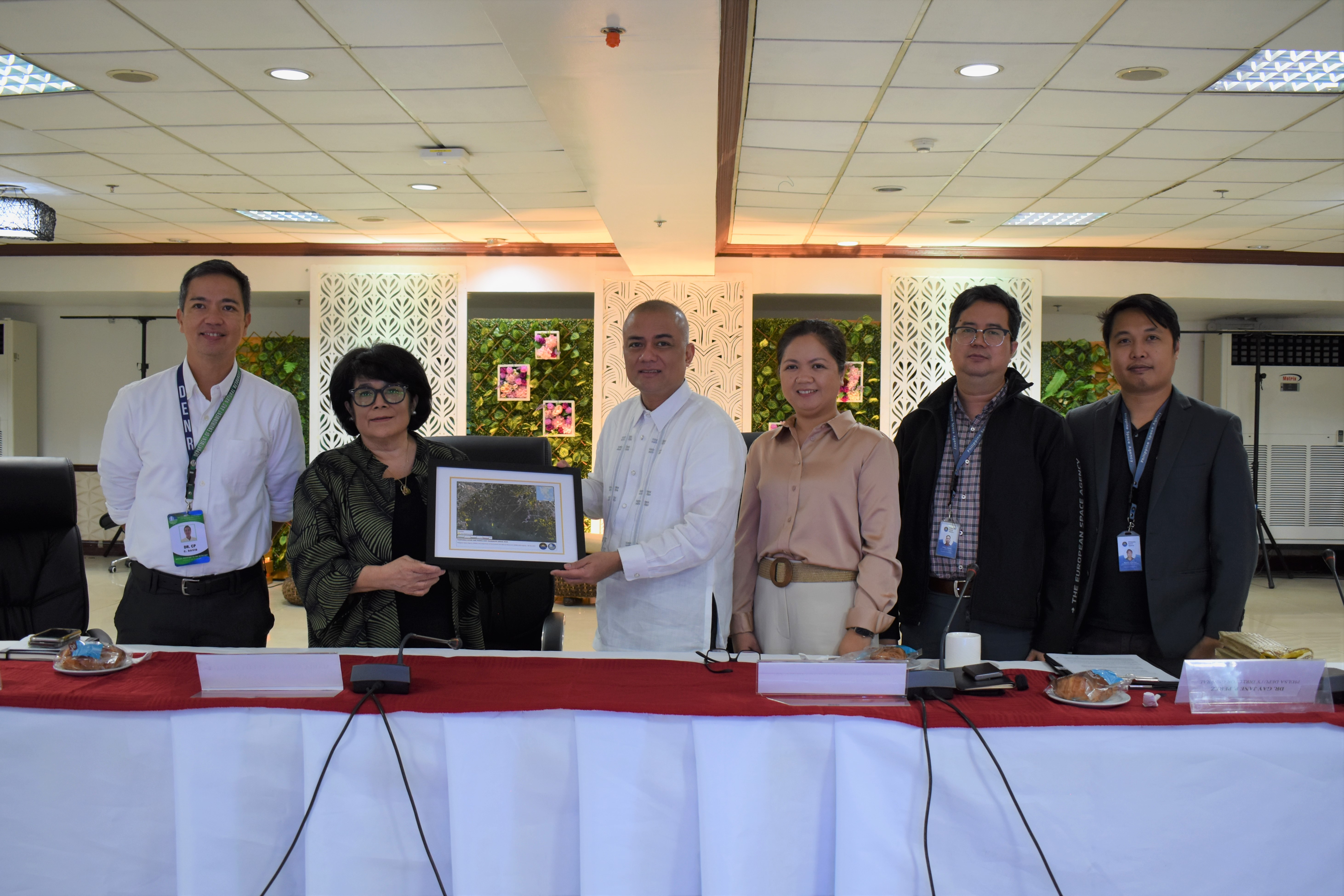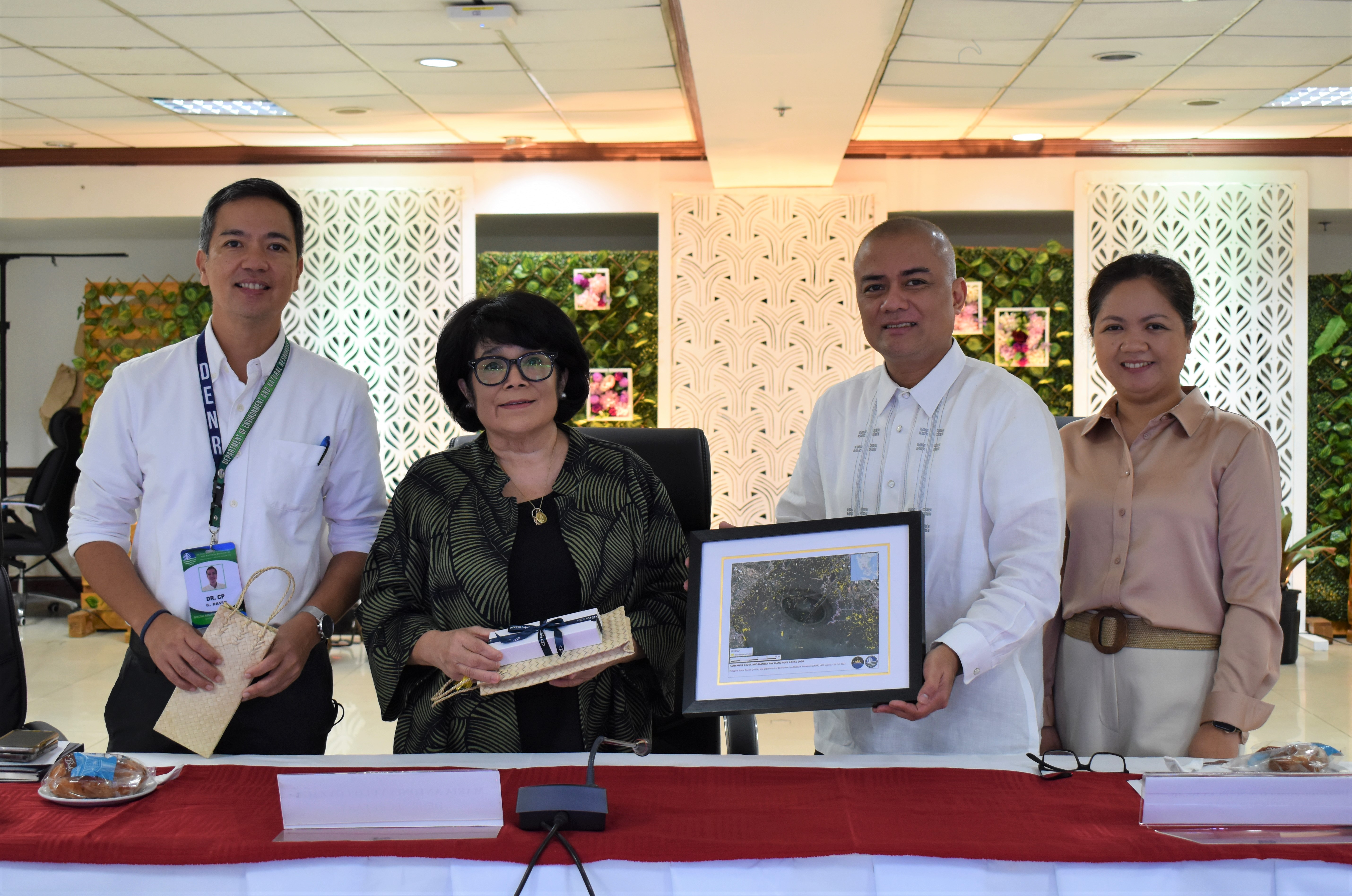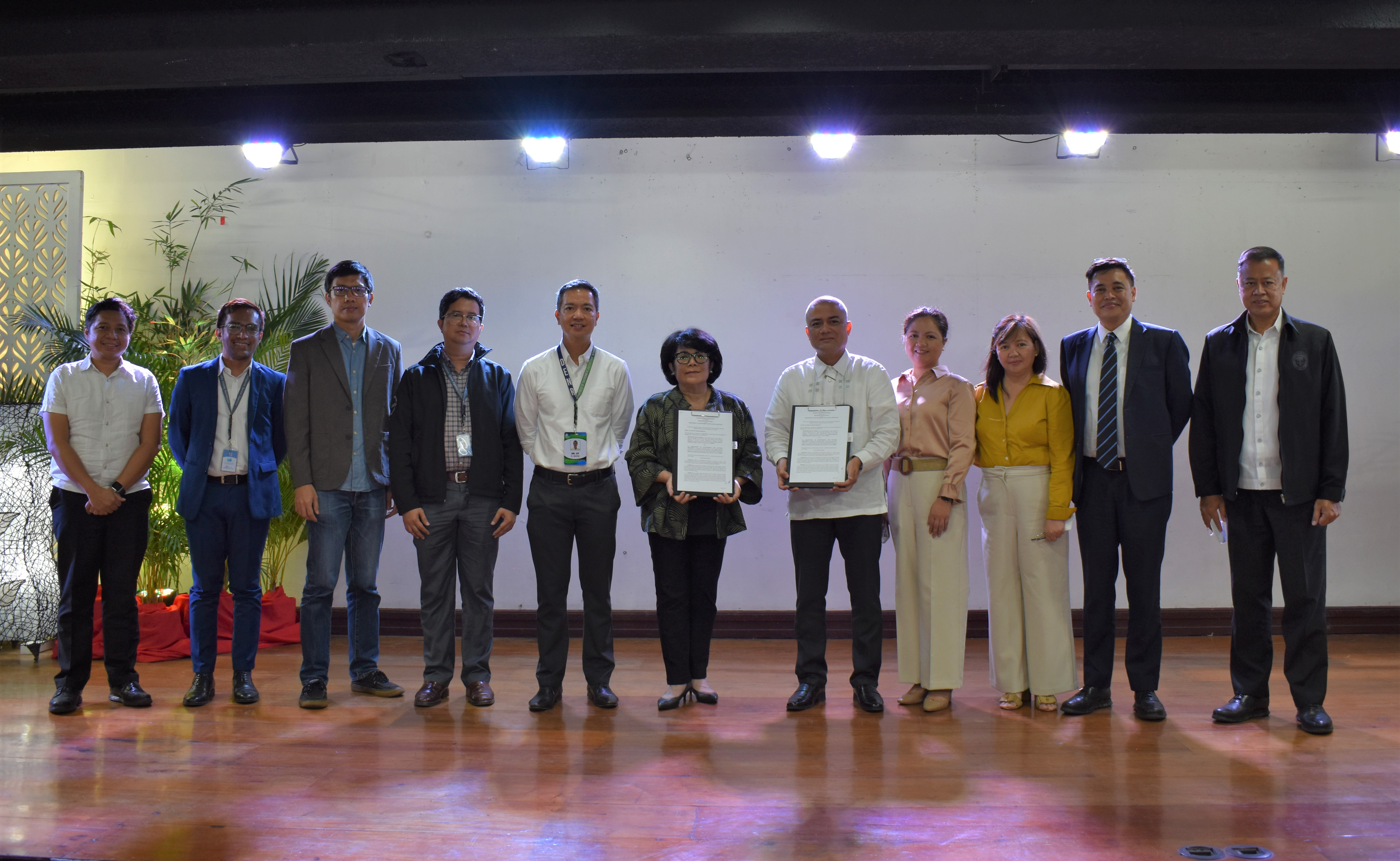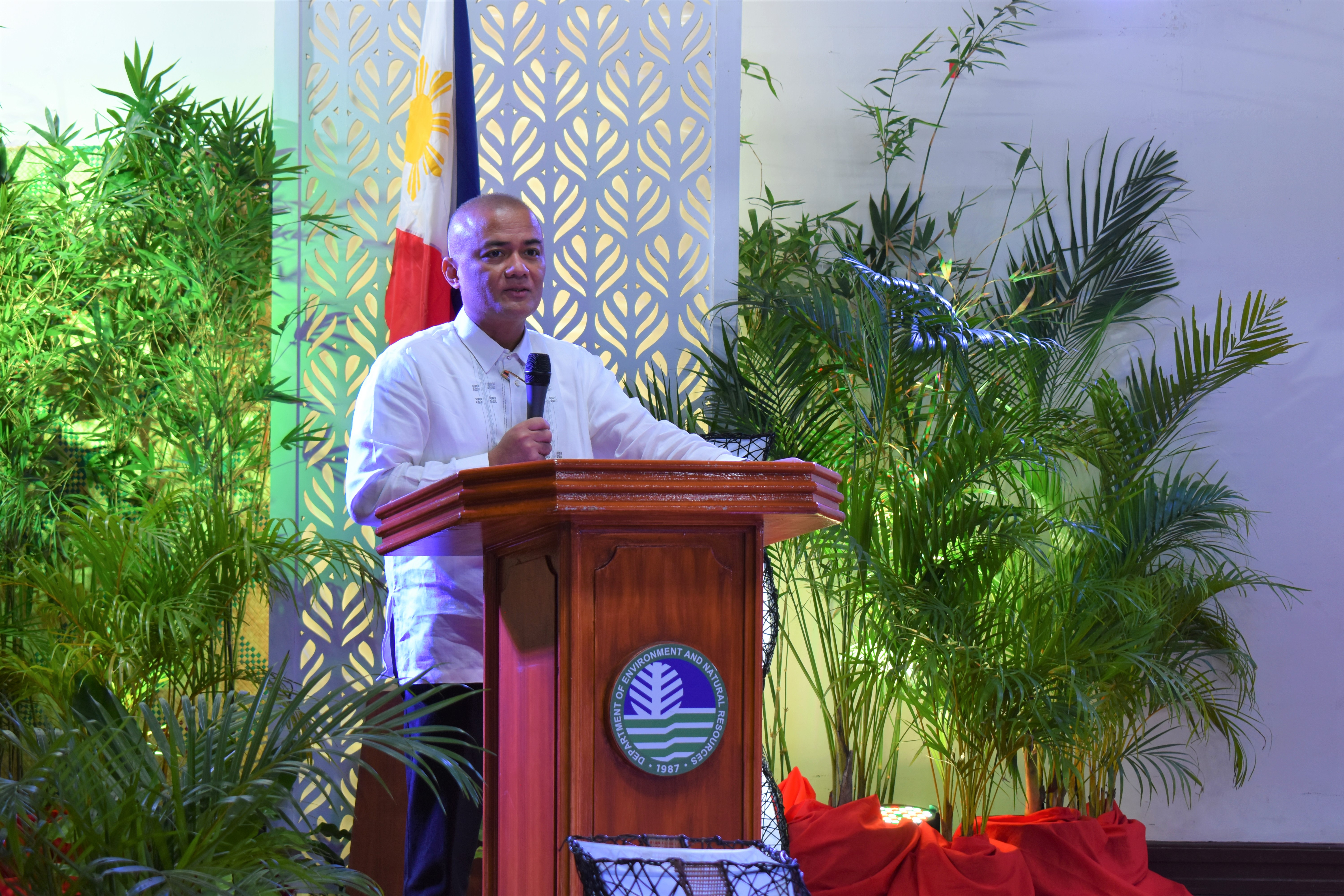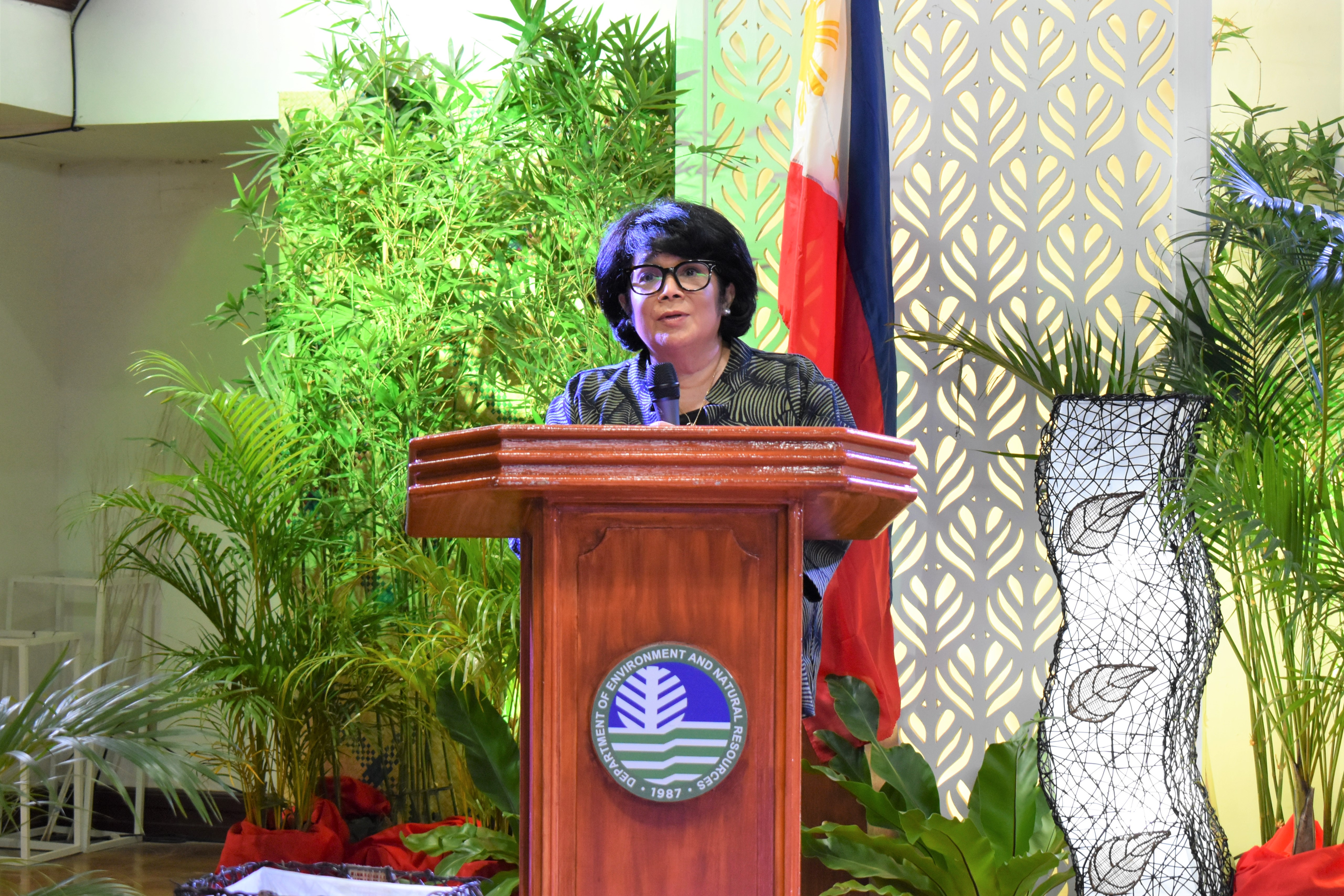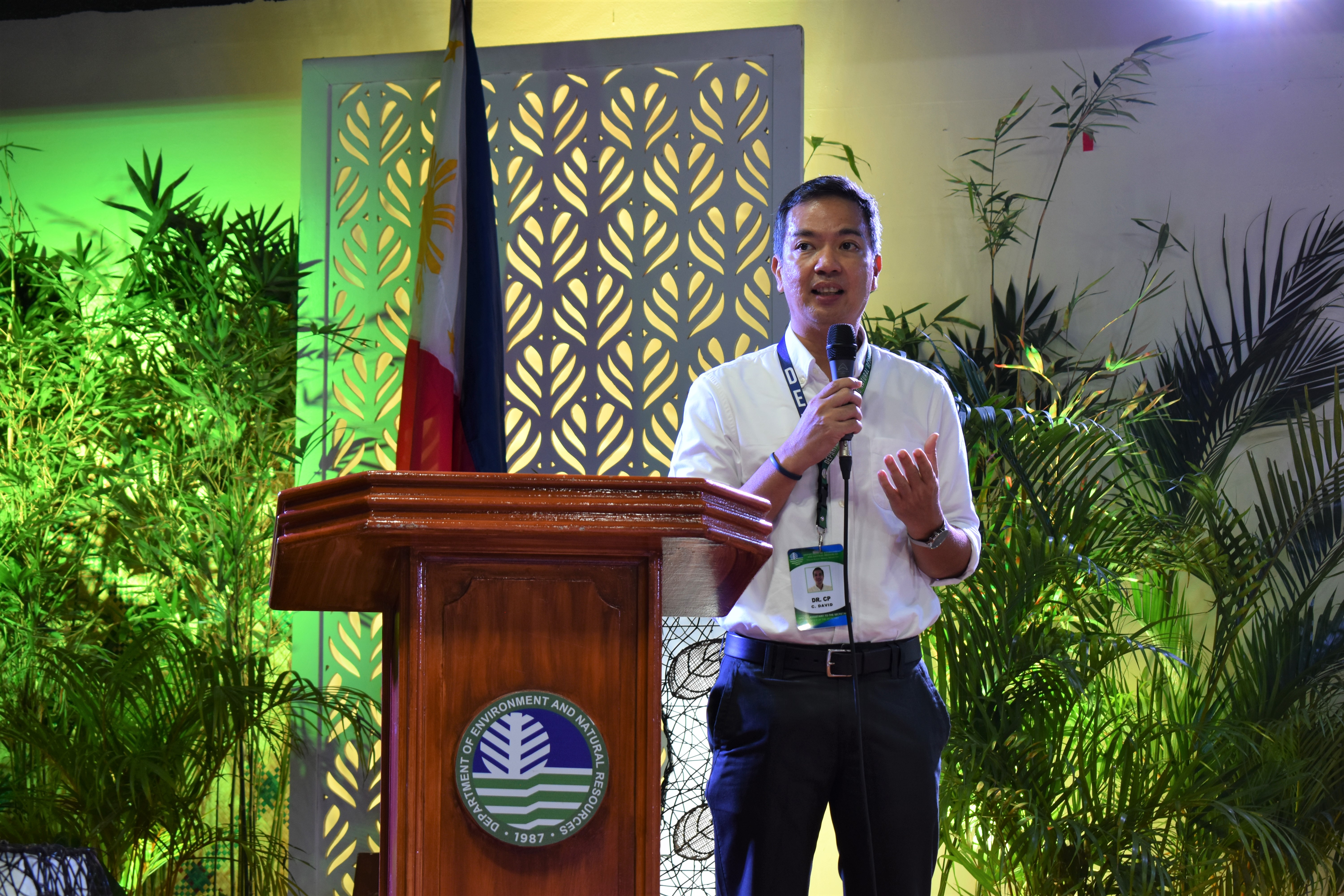The Philippine Space Agency (PhilSA) and the Department of Environment and Natural Resources (DENR) signed a Memorandum of Agreement (MOA) to jointly implement a project that will create a geospatial database of the country’s natural resources, and monitor the National Greening Program through the use of spaceborne data. The MOA was signed on Monday at the Department of Environment and Natural Resources office in Quezon City by PhilSA Director General Joel Joseph S. Marciano, Jr., Ph.D., and Environment Secretary Ma. Antonia Yulo-Loyzaga.
The project, titled “Use of Satellite Imagery in the Creation of the National ENR Geospatial Database and other related Programs of the DENR,” will be funded by the DENR. Under the project, PhilSA and DENR will collaborate on the National Greening Program (NGP) Progress Monitoring and the National Resource Accounting Program (NRAP). The joint initiative is seen to strengthen science-based policy-making.
For the NGP Progress Monitoring, PhilSA will generate monthly indices or maps on vegetation trends and biophysical parameters, and develop ways to detect forest disturbance and forest cover classification. PhilSA will also assist to enhance the capability of DENR in monitoring NGP areas and other forests using satellite remote sensing, machine learning, artificial intelligence, and geographic information systems. For the NRAP, PhilSA will develop methodologies to produce annual mangrove extent maps and air quality maps. In the following years, PhilSA will generate maps that cover other natural resources.
For both activities, PhilSA will provide the technical capacity training to help DENR’s personnel adopt applicable space technologies for the project, and develop systems and tools to map, monitor, and account the country’s natural resources.
“PhilSA welcomes this outstanding collaboration with the DENR. This is a concrete step in further strengthening the domestic space value chain, specifically the capacity to transform satellite imagery and spaceborne data into insights and actions for the conservation, protection, management, and restoration of our environment and natural resources. The partnership highlights the socio-economic benefits and value from our country’s emerging space capabilities,” PhilSA Director General Joel Joseph Marciano, Jr., said.
Secretary Yulo-Loyzaga, in her message, underscored the importance of the space value chain: “The space value chain […] actually helps us identify valuable ecosystems, habitats, and ecosystems services’ potential that are critical to the country’s development. And we look forward to this particular endeavor, for being a small initial step but growing in terms of impact, importance, and resources towards building a resilient and inclusive Philippines.”
The cooperation agreement with the DENR is also aligned with PhilSA’s Key Development Areas on Hazard Management and Climate Studies (where the country develops and utilizes space science and technology applications to enhance hazard management and mitigation strategy and ensure the nation’s resilience to climate change), and Space Research and Development (to accelerate scientific growth in the areas of space science and technology and other allied fields). PhilSA is likewise mandated under RA 11363 to assist other national government agencies and the private sector perform their functions and duties through the utilization of space science and technology applications.




